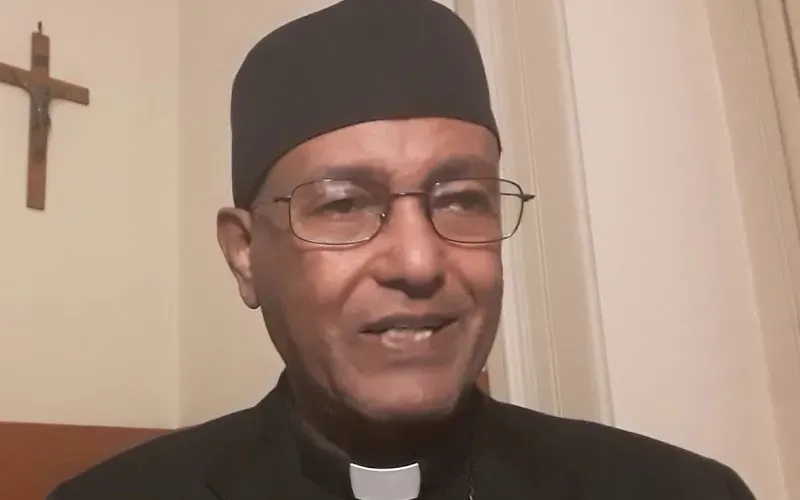He says that the Northernmost regional state in Ethiopia that was plunged into war in November 2020 is experiencing “a horrible situation”, which is getting worse.
“We are already witnessing and will witness the horror of a much more serious humanitarian crisis and loss of life in Tigray. Therefore, as part of the larger body of the universal Catholic Church and based on its evangelical values and principles of social justice, we make a new appeal to the federal government, to all governments that support it from abroad, to non-governmental organizations national and international, as well as the companies that are or could be contributing in any way and means to the prolongation of this war, siege and blockade,” he says.
According to the latest assessment by the Tigray Bureau of Education, 346 males and 1,798 females, totaling 2,164 persons in the education sector, have been killed. Out of those, 235 are teachers and other professionals including school principals and supervisors.
According to the July 26 Agenzia Fides report, over 2 million people live in IDP centers in various cities, towns and rural areas of Tigray, including more than 100,000 in Adigrat, without food, shelter, water, medicine and other basic needs.
In an attempt to paint the picture of the suffering in the region, Bishop Medhin says that the people are having “painful daily” experiences.
“Together with the population, my Clergy, the men and women Religious and lay people of the diocese, I am personally experiencing the suffering of my people and I cannot help but raise my voice against this painful daily life, imploring peace from our loving God in front of whom I kneel every day to pray, and who gave his life 'so that men may have life and have it abundantly,'” he says.
The 69-year-old Catholic Bishop who has been at the helm of Adigrat Eparchy since his Episcopal Ordination in January 2002 explains that though some humanitarian support has found its way in the region that has, for long, remained inaccessible, the needs of the people surpass what has been received.
All basic services, such as land and air transport, telecommunications, banking, remain inaccessible to the locals, he says, adding that basic goods and services are either not available in the market or are extremely expensive, making them inaccessible to the population.
Bishop Medhin says that the lack of fuel and money, coupled with sanctions imposed by the Ethiopian federal government, have prevented humanitarian aid from reaching war-affected people living in various rural and urban districts in the Northern region of Ethiopia.
In the Agenzia Fides report, he highlights the impossibility of the Catholic Church's houses of formation, as well as the institutions that provide service, to provide adequate services to the faithful and to the population in general.








